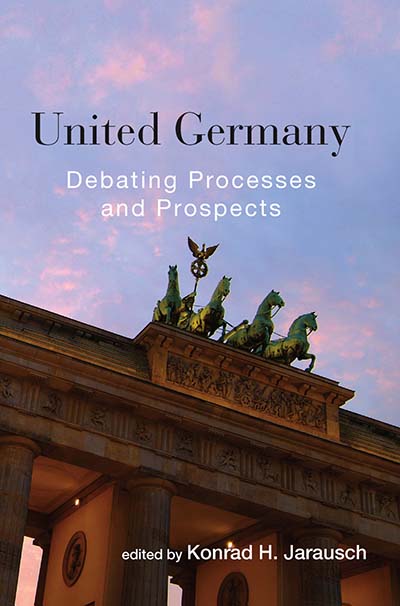Before there was cultural psychology, there was Völkerpsychologie. This social science was used as a way of looking at cultures and trying to make sense of them—an attempt often seen as stereotyping. But, in The Mind of the Nation: Völkerpsychologie in Germany, 1851-1955, to be released this month, author Egbert Klautke gives the often-overlooked social science due credit. He shares his thoughts about the volume and this particular form of psychology below.
______________________________________________________
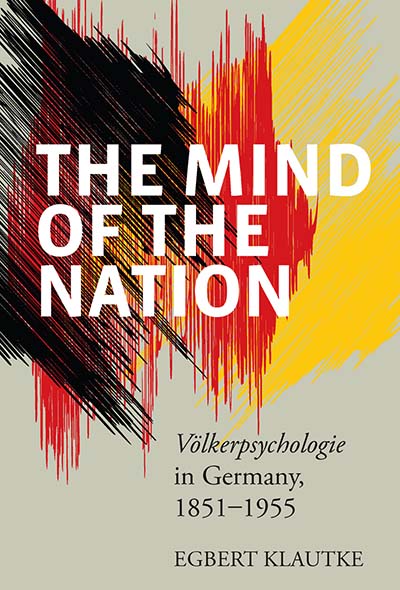
Berghahn Books: How would you define “Folk Psychology” and what drew you to the study of it?
Egbert Klautke: “Folk Psychology” is an awkward translation of the German term Völkerpsychologie. Originally, it referred to attempts to study the psychological make-up of nations, and as such is a forerunner of today’s social psychology. However, in today’s common understanding, Völkerpsychologie equals national prejudice: it is seen as a pseudo-science not worth considering seriously. Continue reading “The Rise and Fall of Völkerpsychologie”

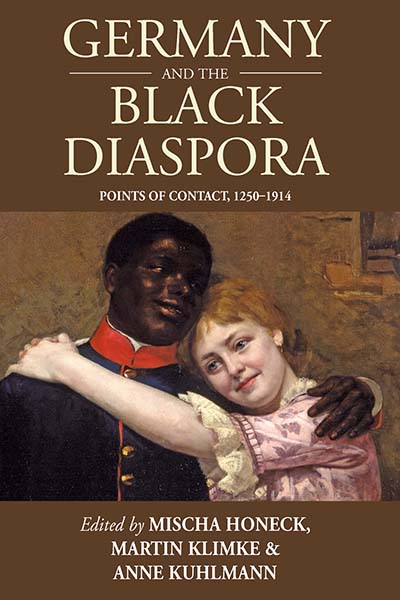
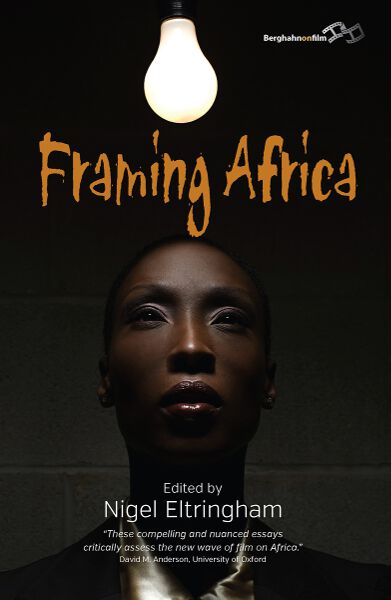
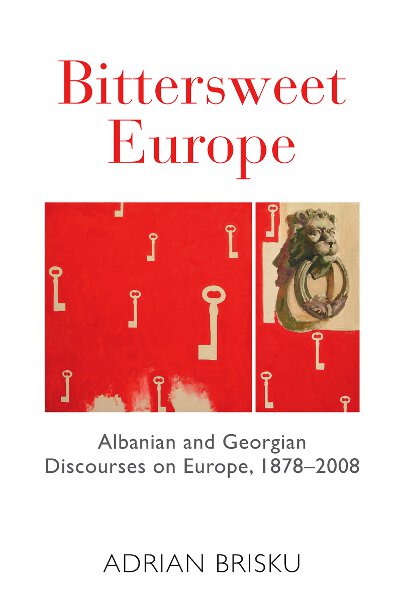
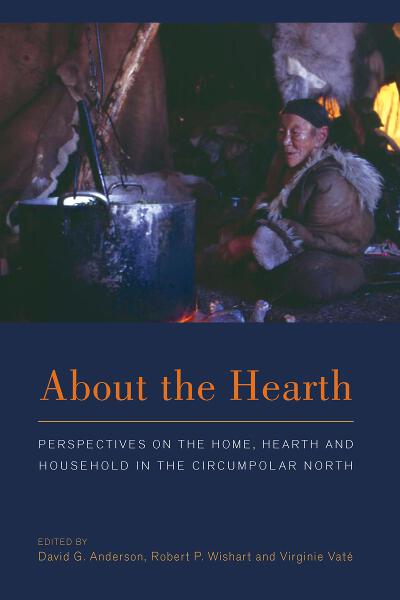
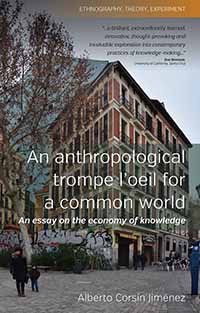
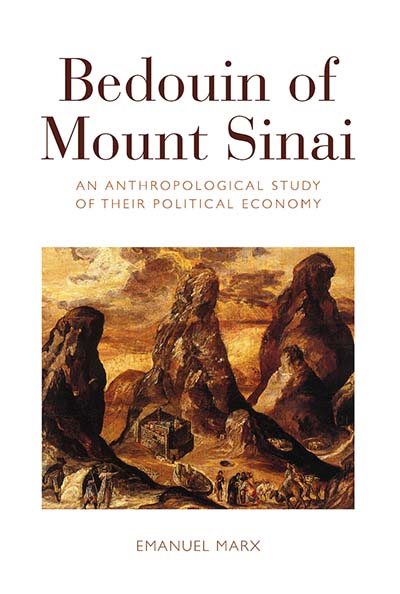 Soon after the Israeli forces occupied Sinai in 1967 the peninsula was inundated with many kinds of tourists and journalists. I avidly listened to their glowing accounts of the Bedouin of Sinai. Yet for several years I hesitated to visit Sinai. I wavered between fear and hope that I would be tempted to study the Bedouin, and again experience the intellectual and emotional tumult of my earlier study of the Negev Bedouin.
Soon after the Israeli forces occupied Sinai in 1967 the peninsula was inundated with many kinds of tourists and journalists. I avidly listened to their glowing accounts of the Bedouin of Sinai. Yet for several years I hesitated to visit Sinai. I wavered between fear and hope that I would be tempted to study the Bedouin, and again experience the intellectual and emotional tumult of my earlier study of the Negev Bedouin.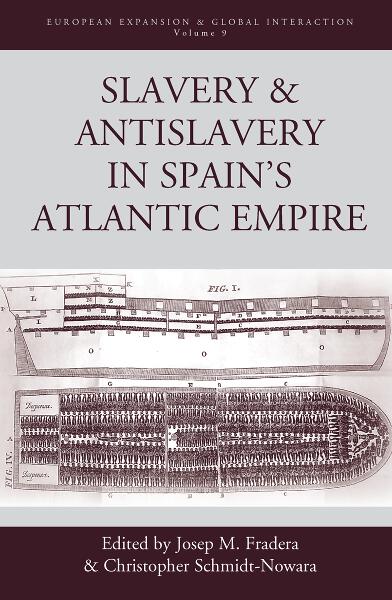 Berghahn Books: What drew each of you to the study of the Spanish empire’s Atlantic holdings?
Berghahn Books: What drew each of you to the study of the Spanish empire’s Atlantic holdings?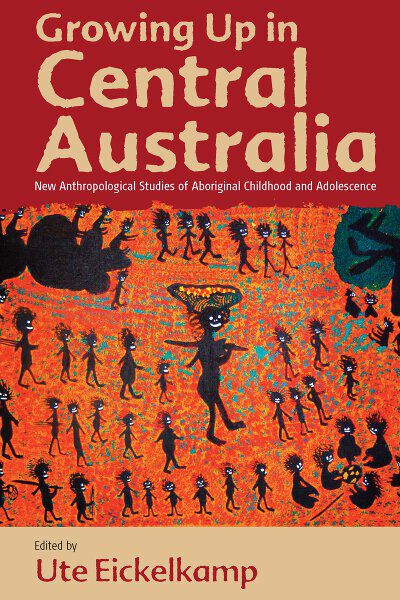 Paying attention to the life experiences and capacities of the Aboriginal children I had known as mediators, shifting presences and welcome companions for some years during field research with the senior knowledge bearers in a central Australian community has been a most rewarding experience, both personally and intellectually.
Paying attention to the life experiences and capacities of the Aboriginal children I had known as mediators, shifting presences and welcome companions for some years during field research with the senior knowledge bearers in a central Australian community has been a most rewarding experience, both personally and intellectually.